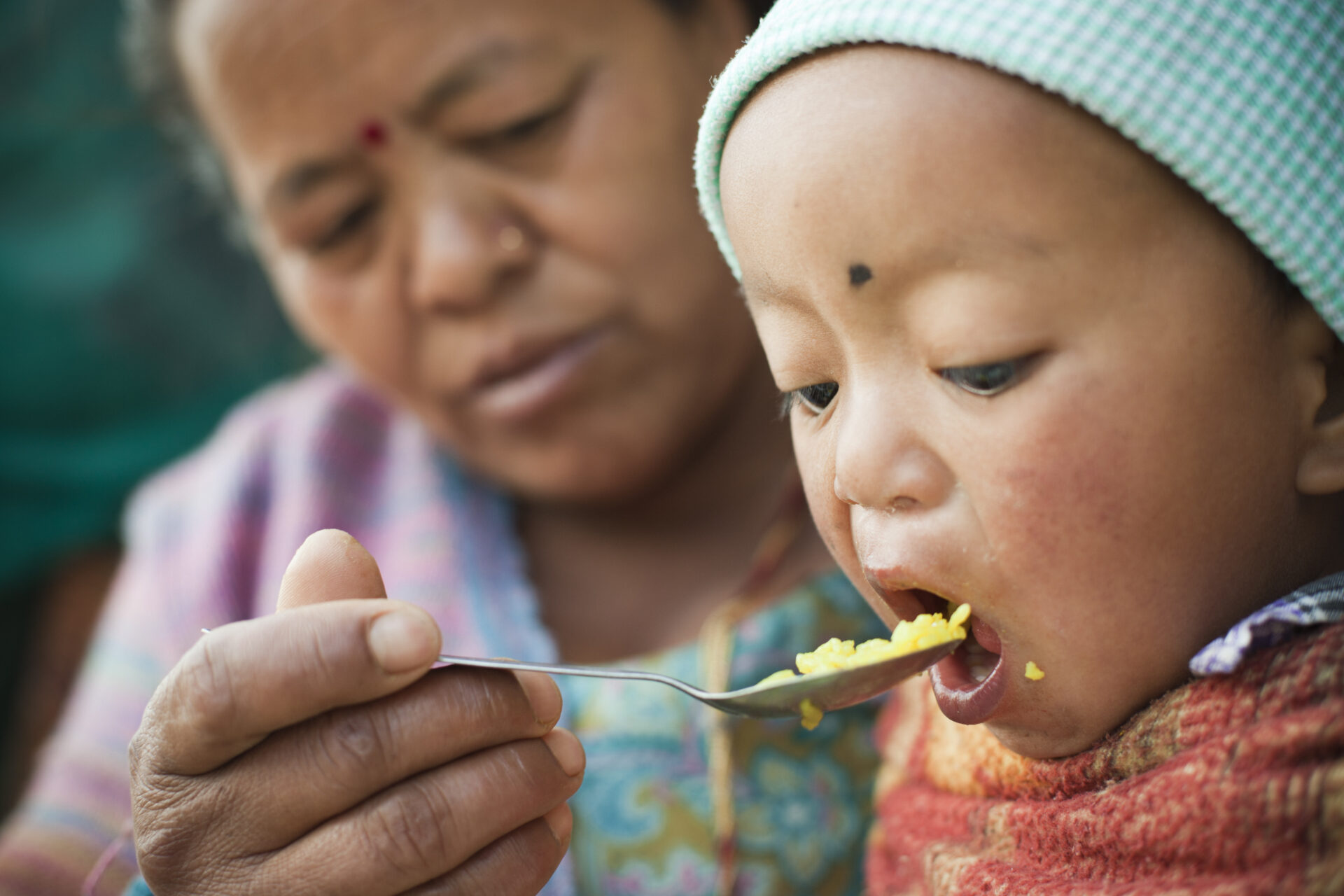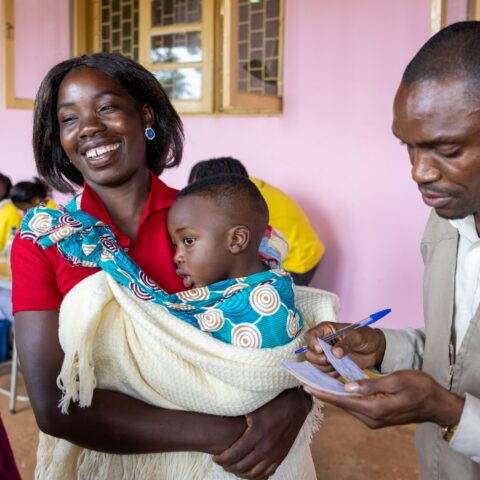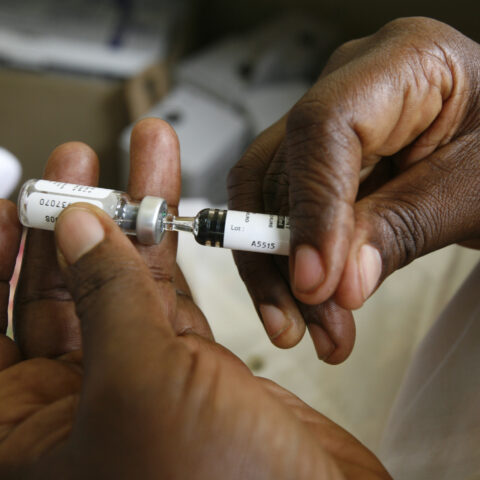The Challenge
After successfully completing an initial project to expedite imports of critical healthcare supplies into Mozambique, the Alliance and UNICEF signed an extended Memorandum of Understanding (MoU) to upscale its partnership to 10 more priority countries, including Nepal.
Nepal is among eight least developed countries (LDCs) in Asia. An estimated 4.2 million people – almost 15% of the population – experience frequent food insecurity, and endure widespread healthcare, education, water, sanitation, and hygiene deprivation.
Severe natural hazards are common, including floods, landslides, water scarcity, extreme heat, and wildfires. In the 2024 monsoon season between June-early October, 746 landslides killed 137 people and 113 floods caused a further 60 fatalities. Climate change has already taken a massive toll in recent years: aside from the catastrophic loss of life and serious injuries, above-normal rainfall has destroyed infrastructure and machinery, homes and crops.
UNICEF is working with the Government of Nepal to help vulnerable populations, particularly women and children. Its focus is broad, ranging from efforts to reduce child and maternal mortalities, providing balanced nutritional supports, and promoting access to inclusive and equitable quality education.
Tackling these issues requires expertise and critical medical goods, including syringes and needles, to support widescale immunisation programmes. However, as in many LDCs, outdated, manual border procedures often delay imports of such critical supplies and equipment into the country.
What We Are Doing
In Nepal, the pre-clearance process for healthcare product imports involves some 18 steps, taking up to 100 days. One sub-process alone, governing applications for exemptions from customs duties and taxes on certain goods, can take up to 10 weeks, curtailing the flow of vital humanitarian assistance and incurring extra expense.
The delays are caused by a cumbersome paper-based approval process, sub-optimal information sharing, and discretionary treatment resulting from a lack of standardised procedures.
The project aims to:
- Address delays in clearance for consignments of health products for humanitarian use through process improvement and digitalisation.
- Improve data-sharing amongst government agencies by connecting relevant regulatory agencies to the existing electronic single window.
- Support sustainable outcomes by developing a working group comprised of government bodies, humanitarian organisations, and the private sector.
Process simplification will involve working with the Department of Drug Administration and the Ministry of Finance to streamline current processes, including replacing physical documents with electronic equivalents.
The Alliance will provide the necessary training supports on the new digital processes, as well as the necessary basic IT equipment and internet connectivity.
The Impacts
Easing friction at the borders will fast-track humanitarian assistance to vulnerable populations across Nepal. Successful implementation will increase the efficient delivery of medical products for humanitarian purposes, by:
- Reducing pre-shipment processing times for humanitarian health product documentation.
- Improving traceability and reducing incidences of misplaced documentation.
- Increasing visibility and co-operation among ministries, agencies, and Customs.
- Lowering costs associated with storage and holding additional inventory.


 Nepal
Nepal


